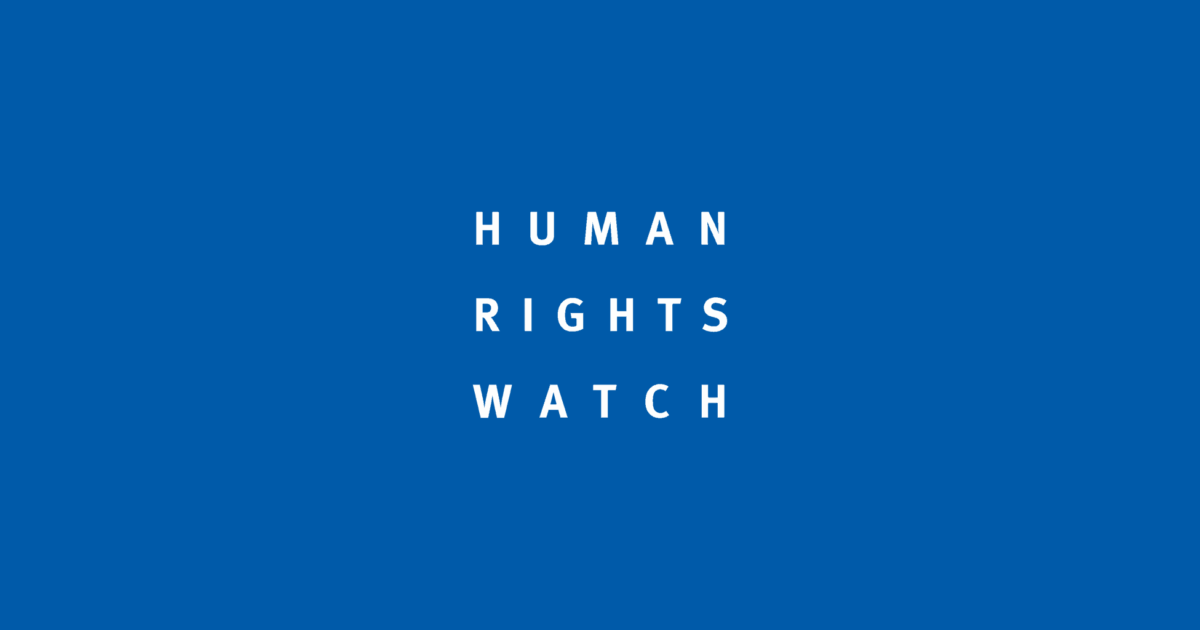Libya
Libya
Years after the deposition of dictator Moammar Gadhafi as part of the Arab Spring, Libya remains in a deteriorating security situation that is especially volatile for women. Sexual and gender-based violence during the war, including mass rape, has yet to be investigated, and women’s rights have continued to decline as different Islamic groups strive to curtail freedoms throughout the country. Violence against women remains common, but reporting remains low; like political and civic participation, reporting and activism by women remains deterred due to threats of violence or death.
Since 2011, Libya has passed new laws which discriminate against women, including the legalization of polygamy and quota reductions for women’s representation in Parliament. Although a party to the Convention on the Elimination of All Forms of Discrimination against Women (CEDAW), Libya does not have a National Action Plan per resolution 1325 (2000).
Due to the high rates of discrimination, exclusion and violence faced by women in Libya, the NGOWG advocates for the Security Council to continue supporting the United Nations Support Mission in Libya (UNSMIL) to include women as full and equal partners in supporting the transition of power to the Government of National Accord, which has struggled to establish legitimacy and control. Without the inclusion of women, the new government will face greater challenges to creating sustainable peace in Libya and continue exposing Libyan women to extreme risk of violence.
Current and Past Recommendations to the UN Security Council (Monthly Action Points)
In the eight years since the revolution in Libya, the situation continues to be insecure and challenging. The recent sharp escalation of the situation is causing more restrictions to women’s movement, especially for women’s rights advocates, as well as civilians generally. The Security Council must demand a ceasefire and ensure all civilians are protected in accordance with international humanitarian law (IHL). Women, peace and security (WPS) should be mainstreamed across the entire work of the UN Support Mission in Libya (UNSMIL), and gender should be at the heart of any conflict analysis. It is essential that there is systematic consultation with women and women’s organizations from diverse perspectives, including youth and Indigenous groups, across UNSMIL’s entire work. In the recent political process, gender parity was not achieved; and with the current crisis, there is concern that women’s participation will fall even further. The forthcoming planned National Conference and elections must provide women with equal opportunity to substantively engage in and influence all phases of these processes. UNSMIL should provide an update on activities it has undertaken to address displacement and SGBV, as well as its efforts to support women’s participation in peace and reconciliation efforts, the security sector and in national institutions. Services for survivors of SGBV are non-existent, yet desperately needed, given the levels of SGBV. Despite the tremendous efforts and the humanitarian response program applied by several UN Agencies and INGOs for displaced civilians, urgent requests for humanitarian assistance are regularly called for, including women- and children-related needs and priorities. The Council should request an inquiry into the progress of disarmament and the efforts to promote the effective participation of women in related discussions.
Relevant Resources







